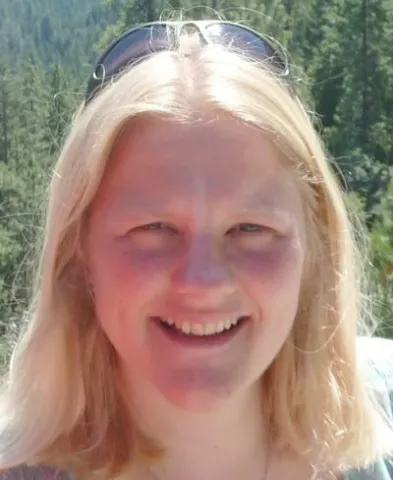About the project
Submarine canyons are assumed to be globally-significant conduits for the transfer of sediment, nutrients, organic carbon and pollutants between continental shelves and the deep sea. However, efforts to directly quantify contemporary particulate fluxes through submarine canyons have focused solely on a handful of canyons that directly connect to rivers or coastal littoral cells1. Because of the long-standing paradigm that canyons whose heads lie 100s of km from shore are quiescent in terms of sediment transport, these ‘land-detached’ canyons have often been overlooked by hydrodynamic monitoring; despite accounting for more than three quarters of the >9000 submarine canyons worldwide2. Without measurements, we cannot quantify particulate fluxes in land-detached canyons, exposing a major gap in understanding of global sediment routing systems and shelf to deep-sea exchanges. New measurements in the Whittard Canyon, Celtic Margin2 (>250 km from shore) recorded powerful turbidity currents, of a surprisingly similar frequency and magnitude to those reported in major land-attached canyons3. These new results challenge the long-held paradigm, but questions remain concerning what triggers these flows, the volumes of material they transport, and the efficiency by which they bury natural sediments and anthropogenic pollutants. This project will tackle these important questions, using new data from Whittard Canyon.
For full project details visit the Inspire project page.
Lead supervisor
- Doctor Michael Clare (National Oceanography Centre)
Supervisors
- Doctor Esther Sumner (University of Southampton)
- Doctor Veerle Huvenne (National Oceanography Centre)
- Doctor Rob Hall (University of East Anglia)
- Doctor Ian Kane (University of Manchester)
